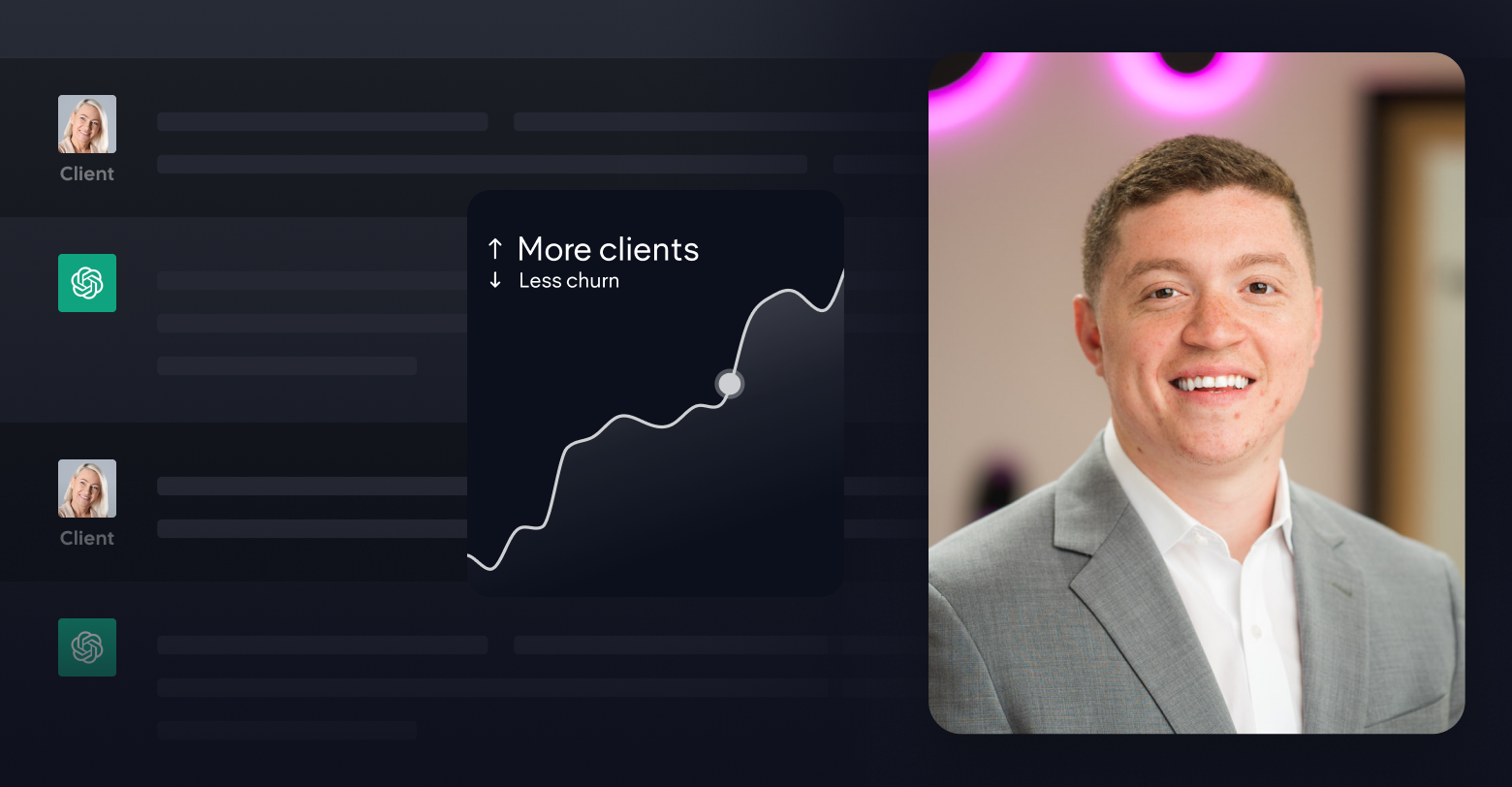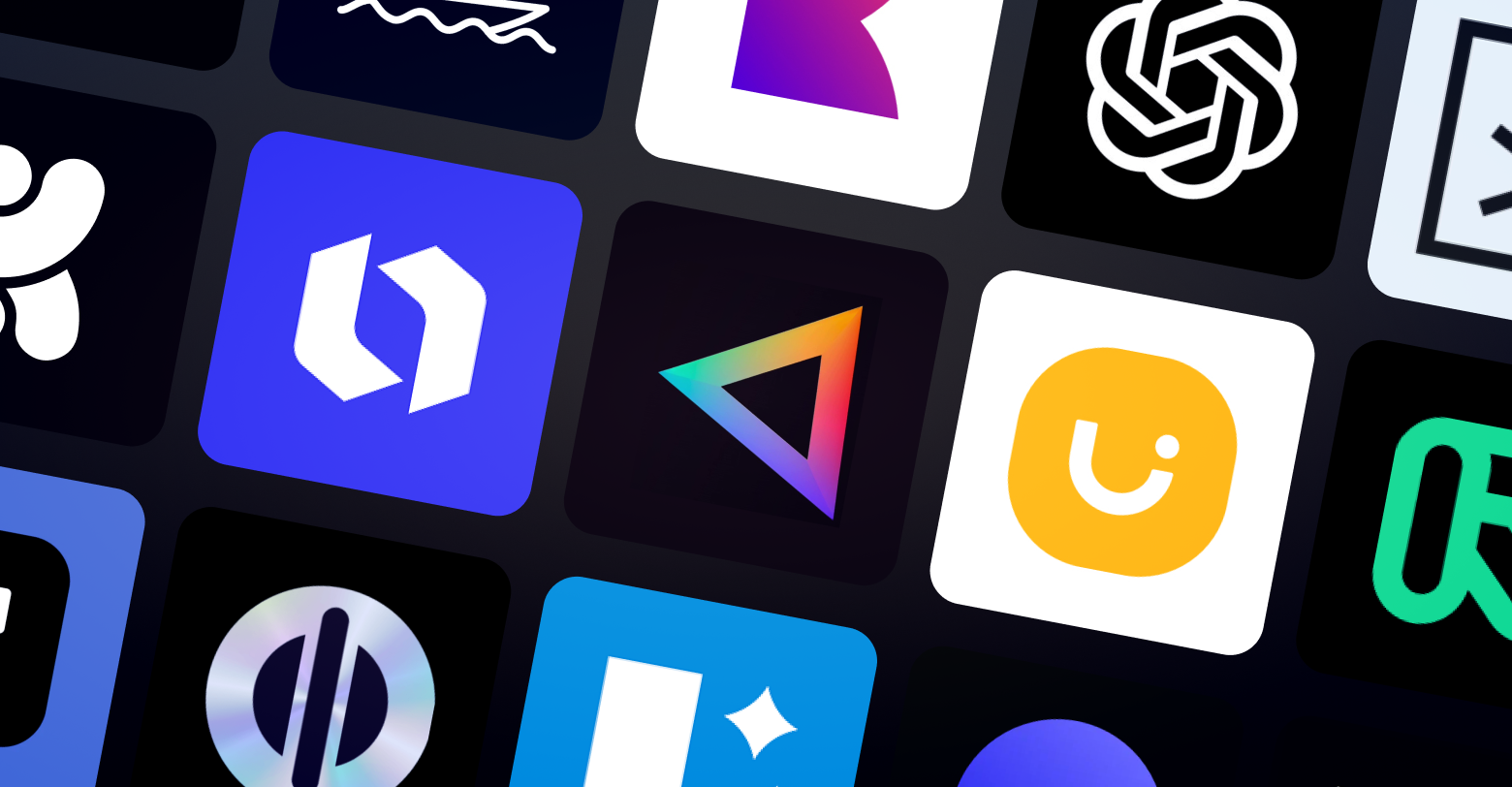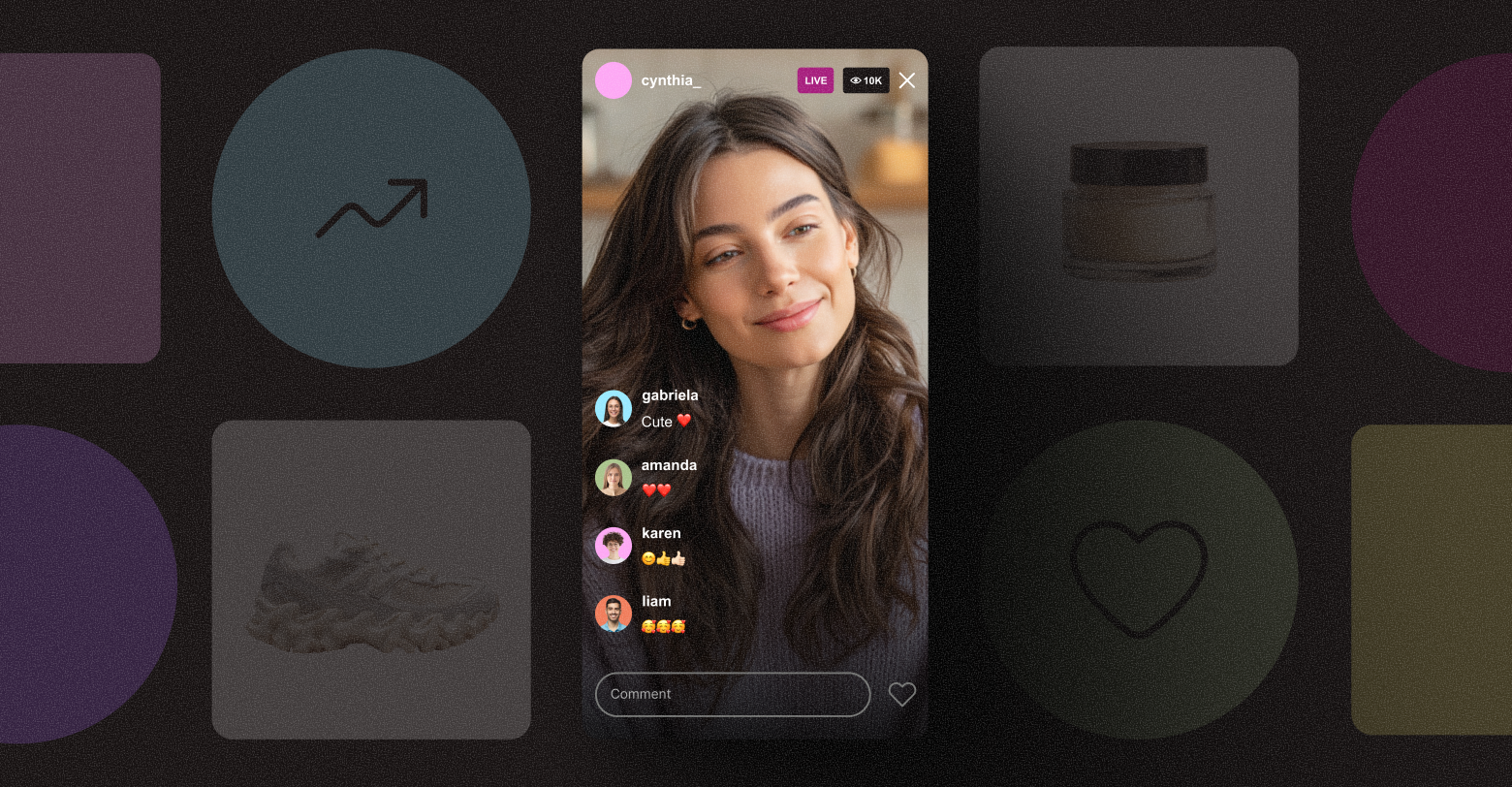Develomark, a full-service digital marketing agency based in Connecticut, USA, is on a mission to become an AI-first company. Embracing generative AI, they have expanded far beyond mere content creation.
Every Develomark client benefits from a custom GPT that understands their specific context. Both the agency team and the client can use this single chat interface to connect with all the marketing tools they pay for, including the backend of their Duda website. No more logging into multiple platforms to gather information!
Develomark is even developing a “custom GPT to rule them all”. Meet
SplashDash, a new tool that allows users to access all of their favorite marketing platforms through a single chat interface, leveraging Develomark’s API access.
The agency boasts an impressive track record. I worked on their
Duda case study and discovered that their revenue skyrocketed from $150,000 in 2020 – when they were using WordPress – to $1.8 million in 2023, thanks to the scalable model they created with Duda.
I had the opportunity to speak with Ruan Marinho, Develomark’s owner, digital strategist, and SEO director, about their innovative use of AI, the impact they’re seeing, the challenges they’ve faced, and his vision for the future of search, websites, and digital marketing agencies.
“The agency of the future understands all of the capabilities of AI that can help a business and attaches them to their website,” Ruan told me.
Check out the full interview for more insights on how Develomark is already using AI to save time, communicate better with clients, improve retention rates, and get more clients.
Why are you building a custom GPT for each one of your clients?
Ruan Marinho: My team at Develomark came up with this idea of building a custom GPT for each client. We integrate it with most of the tools and platforms we use every day, like Duda, Ahrefs, Semrush, Google Analytics, etc. We can basically use this GPT to manage the entire account.
For example, my team can ask a client’s custom GPT to do keyword research for that client and it triggers Semrush. They can ask it to show backlinks and it triggers Ahrefs. They can ask it to show site stats and that will trigger Duda. So that one GPT talks to a variety of different tools online.
It's been really useful because it has allowed us to go to one central place as a team rather than having to find information all over different docs, different project management tools, and client websites. Everything lives inside this custom GPT. We can ask it any question about this specific client, and it has the most up-to-date information.
It allows us to reduce the amount of time it takes us to give AI context because it already understands the client. So every time we get a new client, they also get a custom GPT. We give clients the option to use this custom GPT as well, and some of them are already using it.
Can you tell us more about how you’re using AI beyond content generation?
Ruan Marinho: So basically each custom GPT is trained on each client’s information. They know who the client is really well because they are trained on that information.
They can also communicate with tools that we pay for. And what's really cool about them is that they have these different integrations. They are connected to third-party data sources that allow you to put all of that conversation in one chat.
How did your team come up with this idea?
Ruan Marinho: We learned about custom GPTs the day they came out, and we started experimenting with them. We thought they could help us save time. We usually have to go through so many different tools and places online to find information. It's just easier if the client has an AI that talks to all the places we go to. It's centralized, up-to-date, and it's just one link, which is really useful.
What challenges did you face while building these custom GPTs?
Ruan Marinho: There were a couple of challenges, of course. The first one is engineering. Building a custom GPT with instructions is easy, you just write a prompt saying how you want it to behave, no programming experience is needed.
However, we realized that we needed to master several programming languages to get the functions we wanted. So we hired an engineering professional who's currently working with us full-time now, and now we're even hiring another one.
The second challenge is getting clients to understand how it works and how to use it, because this is a new way of working.
Is it hard to help clients grasp AI’s full potential?
Ruan Marinho: With new technology like this, a lot of times people try it and they think it's cool, but it's not actually that useful. What we are doing is making it really useful.
However, when we're telling a client about it, it’s a challenge because it's so new. It's like giving them an Apple Vision Pro. They are going to think it's cool, but then they're going to put it down and they're going to go back to the old way of working.
So one of the things that we are doing is dedicating ourselves to being an AI-first company. My team is adopting it which is really helpful, but I think it is going to take a while for our clients to do that.
Do you disclose to clients that you are using AI, and that you are feeding their information into a GPT? Do they express any privacy concerns?
Ruan Marinho: We take an AI-first approach with clients and let them know it's a key part of our strategy.
In terms of privacy, we don’t store any sensitive information such as banking details, employee data, and legal documents. However, we will train their custom GPT on their data from our CRM, their website data from Duda, and the data available online about the brand.
While we would never do anything to harm their brand, we do like taking health risks.
Google Search's guidance about AI-generated content advises us that they “reward high quality content, however it is produced”, so we feel comfortable using their custom GPT to create high quality content.
How challenging were the integrations between your marketing tools and the custom GPTs?
Ruan Marinho: It wasn’t that hard. The code is really not that difficult if you know basic programming.
The main challenge is the cost of software. For instance, if you're a Semrush customer, you need a plan that provides API access to connect your account to a custom GPT – and that can be quite expensive.
So, the real challenge is the budget to afford all these tools so that your custom GPTs can have all these connections.
Is that how you came up with the idea for SplashDash?
Ruan Marinho: Yeah, as I was saying, it's a struggle to do SEO research, sort keywords, manage analytics, and use your favorite marketing tools in one place – especially when the cost of these tools can be high, and you only use a few of their features.
That's why we're building
SplashDash. With SplashDash, you can access your favorite tools and actions through a single chat interface without leaving the platform. It integrates with all APIs, and agencies will get unlimited usage without needing separate accounts for each tool.
They'll get the latest OpenAI models to power the experience, and only use the parts of the tool that are most important to them.
Could this usage model create issues with your marketing tool providers?
Ruan Marinho: I think we’ll probably partner with these tools in the near future. But the reality is that we're already buying the usage data from each marketing company. Every time an action is called in SplashDash, we pay the marketing tool fee for that data.
Their financial structure makes sense for what we are doing. We're happy to pay the API credits. It’s just a different way of consuming those credits. So it's not like we're getting away with anything.
What feedback have you received about SplashDash?
Ruan Marinho: People love the idea of SplashDash because many aren’t entirely comfortable with conversational AI and prompting. Our front end is going to allow people to work with AI without having to type custom commands. They can take an “action,” and AI will perform that action by using our enterprise APIs.
For example, if a marketing agency wants to create a proposal, they will fill in some basic details and
SplashDash will use AI and our APIs to search their market, search the competitors, do an analysis, provide cost options, provide lead recommendations, cost recommendations, etc.
All that will be done with a couple of clicks of a button – Whereas traditionally with AI they would have to type and talk to the AI for about five minutes to get that type of data. Prompting can take a while.
Now, going back to the custom GPTs you are using at Develomark. What results are you seeing?
Ruan Marinho: Something that I'm definitely not proud of is that we were able to downsize our team a little bit. With a team of 14, the custom GPTs allow us to save around 80 hours per week.
Since our agency charges about $250 per hour, this efficiency translates to better value for our clients. Our hours are being used to building connections, and talking and working with customers rather than sending out reports or summarizing video calls.
Our account managers are not cheap. Our advertising managers are not cheap. So utilizing AI has been a very big focus for us so we can stay competitive in our pricing and increase our efficiencies.
Can you share more numbers on AI's impact at Develomark?
Ruan Marinho: Our retention rate is extremely high. It was at 87% last year and it is probably higher now. Most clients will leave us because we don't communicate enough with them, not because of our results.
AI has dramatically improved our communication which I think has had a very positive impact in our retention. I can confidently say so because things are faster, they're still accurate, we have a faster turnaround time, and clients are getting the communication they want.
When I have our retention rate numbers come out at the end of this year then I’ll have a better estimate of that. But I definitely think it's gone up. I can't even remember the last time we lost a client not because their business closed or something like that.
And we are also getting more clients because we have more time to work on what is important.
How do you see the future of digital marketing agencies?
Ruan Marinho: In the future, the agencies that are going to win are the ones that connect the client's site to AI features. I'll give you a couple of examples.
When a client receives a review, AI will respond in the client's tone of voice using their custom GPT. If a client receives a lead, AI will analyze it and recommend how the business should respond, determine if it's a quality lead, or suggest content to add to their site.
The agency of the future is this agency that understands all of the capabilities of AI that can help a business and integrates these features into their website. So, not only are they going to be website customers, they're going to be customers of that agency's AI services. That's our goal with SplashDash.
What about AI’s impact on search?
Ruan Marinho: That was a big worry for us. But after Google’s I/O conference, we looked at the results, and they are actually not threatening at all. We know it's going to be an AI-first future, but we're not worried.
Google's presentation showed that while AI simplifies search terms and presents an overview, the original text remains, which clarifies the content that needs to be on a website. Websites will need an original version, a simplified version, and a broken-down version because that's how Google will continue to rank them.
You'll also notice that there are still links to businesses in there. And for local search it's literally going to have pretty much no impact because the businesses that are ranked at the top of the results are still going to be the ones that users go to.
I know it's going to be an AI-future, so we’re leaning on OpenAI to develop our products, and we're still leaning on Google to market our clients.
Advertising will become more crucial as organic traffic is predicted to decrease by about 30% due to AI Overviews. Google will continue to evolve, but they need to monetize their services. So if you're an agency and you're focused on getting your clients leads, which is what you should be doing, it's going to be very critical that you use paid advertising as a service – Google, Meta – to send traffic to your client’s website.
That aligns with what Develomark does: setting up client websites and then buying ads to drive traffic to them.
And how do you see the future of websites?
Ruan Marinho: As a website business owner, I’m probably a little biased, but here is my opinion. You could have asked ChatGPT these questions, but you chose to hear from me because I represent my own brand. I believe there will always be value in visitors coming to a brand's website to hear directly from the brand, not just an AI.
A website is the only place online where a brand can communicate its message without interference from platforms like Yelp, Facebook, or Glassdoor. It’s the space where a brand can fully express itself. Websites will remain relevant as long as the internet exists.
Finally, what advice would you give to agency owners looking to start with AI?
Ruan Marinho: First, develop a strategy for custom GPTs for your clients and use this as a unique selling proposition. If you're using
Duda's API, connect it to the GPT. This adds value for your clients beyond the standard GPT offerings. Make integrating GPT into your services a habit.
Second, use tools like Zapier to explore how you can integrate GPT into various aspects of your service offering. For example, when a client receives a comment on their site, the GPT can draft a response and notify the team via Slack. These small automations can leverage OpenAI’s technology effectively.
Perform an automation audit to integrate these features into your service. For instance, if OpenAI detects that a client received 10 phone calls, it can inform the client: “Hey, you received 10 calls yesterday, which is X more than the previous day.” This turns data into a meaningful conversation.
Lastly, keep educating yourself about AI. A great resource is
The Neuron newsletter, which provides daily summaries of AI news in a fun and accessible way, complete with a cat logo. It’s not overly technical and is where I get much of my AI information.
Check out this Duda webinar for more details on how Ruan Marinho is using custom GPTs to improve retention rates and get more clients.









